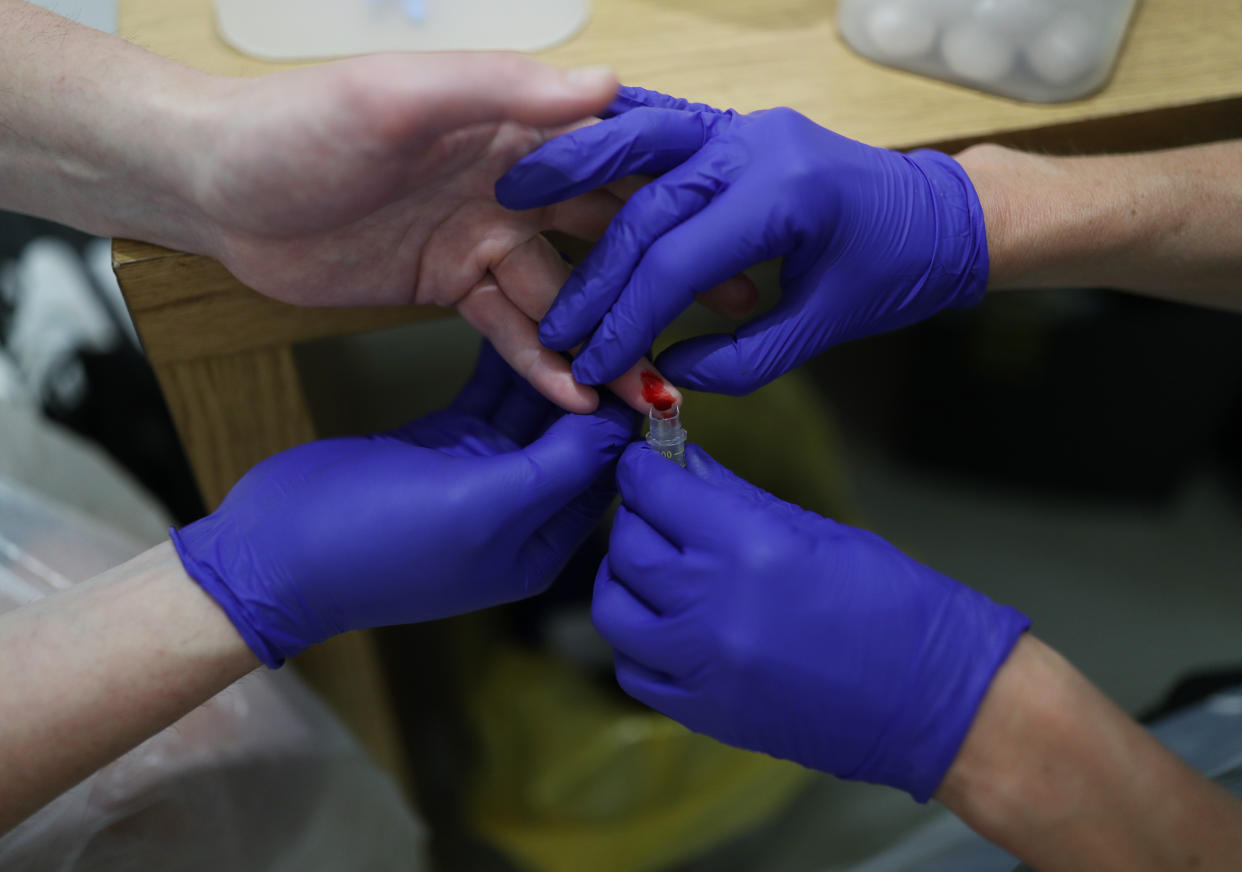What are immunity passports - and why are so many people against them?

The use of ‘immunity passports’ or certificates is a “terrible idea” that could fuel prejudice, the Government has been warned.
The concerns, raised during a virtual question time of the House of Lords, comes amid ongoing debate about the introduction of some way to show that people are immune to COVID-19.
Some think such certificates or ‘passports’ could help people return to work, but others say they are a bad idea, including scientists who previously said there is not enough evidence about immunity for them to be introduced.
Here are some of the things we know about so-called ‘immunity passports’:-
What are immunity passports?
Immunity passports are essentially certificates that would share information showing that someone is immune to COVID-19.
The certificates would be dependent on research into how what level of immunity people are left with after contracting coronavirus.
Tech firms are already working on digital immunity passports which would allow citizens to show their coronavirus test results to third parties, like employers and restaurants, using a temporary QR code on their phone.
Are other countries using immunity passports?
Estonia has reportedly begun testing one of the world's first digital immunity passports as part of efforts to restart its economy.
Authorities in popular tourist destinations including Greece, Sardinia and the Balearic Islands are reportedly also talking about antibody-based passports.
Chile’s Ministry of Health has also announced plans to issue digital “release certificates” to people who are clear of coronavirus symptoms.
Why are people opposed to them?
Concerns range from worries that we still don’t know enough about immunity to the potentially divisive consequences of the certificates.
During the virtual question time of the House of Lords, independent crossbencher the Earl of Clancarty said the certificates had “the potential to be socially divisive and foster prejudice” if they were valued by employers.
“They would also implicitly endorse the government’s original, much vilified herd immunity policy,” he said.
“They are a terrible idea and the government would be wise not to go down this road.”
The World Health Organization has also cautioned against the introduction of such ‘passports’ in the absence of evidence that people who have recovered from COVID-19 and have antibodies are protected from a second infection.
In its guidance on immunity passports, the WHO said: “Some governments have suggested that the detection of antibodies to the SARS-CoV-2, the virus that causes COVID-19, could serve as the basis for an ‘immunity passport’ or ‘risk-free certificate’ that would enable individuals to travel or to return to work assuming that they are protected against re-infection.
“There is currently no evidence that people who have recovered from COVID-19 and have antibodies are protected from a second infection.”
Coronavirus: what happened today
Click here to sign up to the latest news, advice and information with our daily Catch-up newsletter
Read more about COVID-19
How to get a coronavirus test if you have symptoms
What you can and can’t do under lockdown rules
In pictures: How UK school classrooms could look in new normal
How public transport could look after lockdown
How our public spaces will change in the future
Help and advice
Read the full list of official FAQs here
10 tips from the NHS to help deal with anxiety
What to do if you think you have symptoms
How to get help if you've been furloughed

 Yahoo News
Yahoo News 


